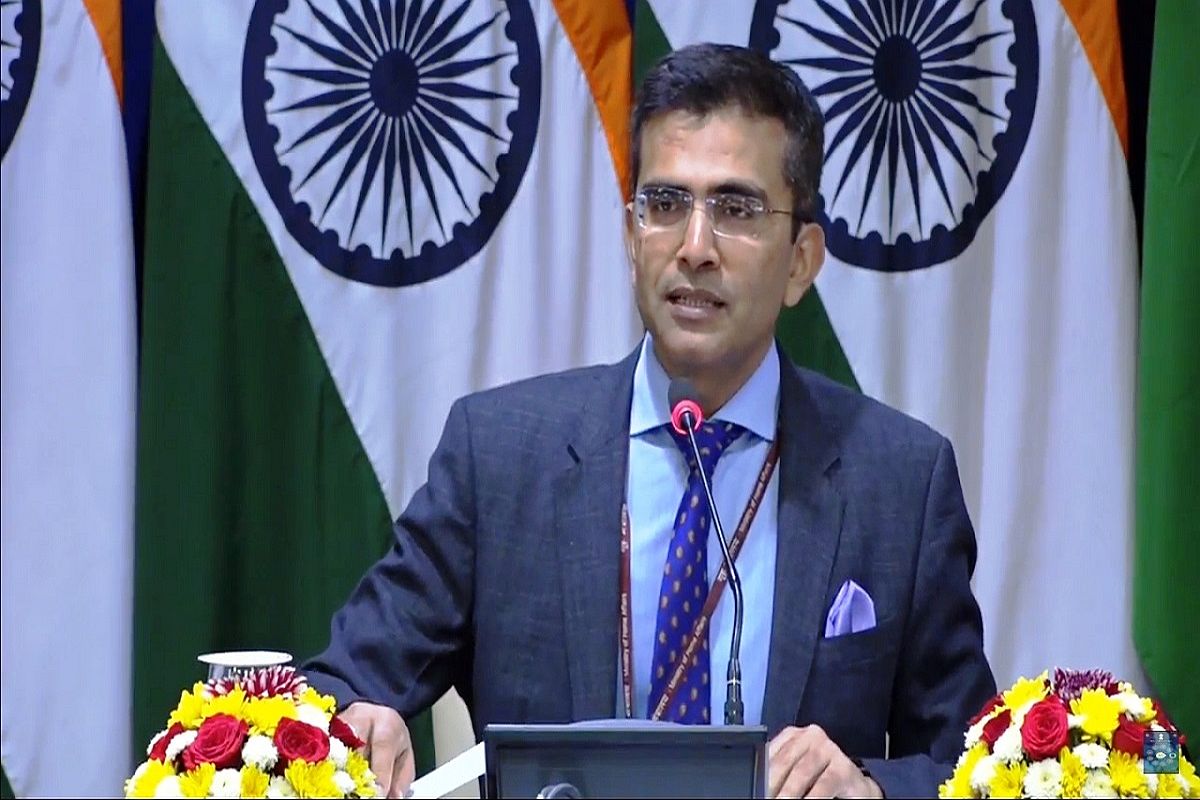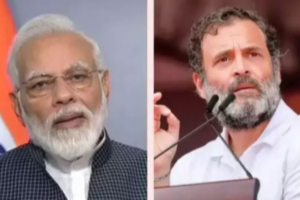As peace-talks between US and Afghanistan seem to fall into an abyss, the centre on Thursday said any peace process should have “full consent” of the Afghan government and its people.
Days after US President Donald Trump called off negotiations with the Taliban, External Affairs Ministry spokesperson Raveesh Kumar said India was very closely following the developments relating to peace initiatives in Afghanistan.
Kumar was asked about the recent developments in the US-Afghan peace talks when Donald Trump cancelled a secret meeting with Taliban leaders at his Camp David retreat last week.
“We are following the developments including talks between the US and the Taliban very closely. We are of the view that all sections of Afghan society including legitimately elected government should be part of the peace process,” Mr Kumar said.
US President said on Saturday that the Taliban leaders had to travel to the US for secret peace talks this weekend but that the meeting has been cancelled and he has called off peace talks with the militant’s group entirely.
The cancellation came after a Taliban suicide attack on Thursday in Kabul that killed at least 12 people, including an American soldier, Efe news reported. Taking to Twitter, Trump said, “I immediately cancelled the meeting and called off peace negotiations.
The MEA spokesperson said “We have supported the election process which is about to unfold later this month. Our point of view is that any process should respect the constitutional legacy and it should not lead to any ungoverned spaces where terrorists and their proxies can relocate.” He said any process should have full consent of the Afghan government and its people.
“We are reasonably confident that any decision on the peace process taken by the US and the international community will take into account all these concerns,” Mr Kumar said.
India has been supporting a national peace and reconciliation process which is Afghan-led, Afghan-owned and Afghan-controlled. In March, India conveyed to the US that it should not withdraw its troops from Afghanistan without putting in place an elected “political structure” to govern the country.
Major powers such as the US, Russia and Iran have been reaching out to the Taliban as part of efforts to push the stalled Afghan peace process. India has been a key stakeholder in the peace and reconciliation process in Afghanistan.
In a significant move, India had sent two former diplomats in “non-official” capacity to a conference on Afghan peace process in Moscow last November which was attended by a high-level Taliban delegation.
The conference organised by Russia was attended by representatives of Afghanistan as well as from several other countries, including the US, Pakistan and China.
The 18-year-old conflict between US and Taliban seemed to have reached its conclusions but the recent developments have left Afghanistan hanging in th middle.











